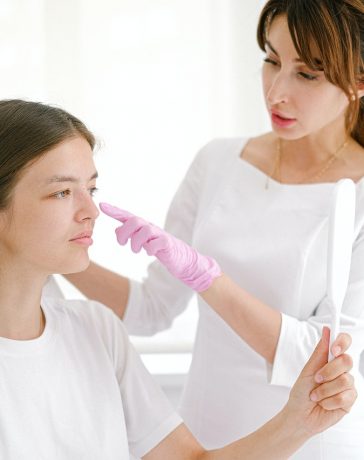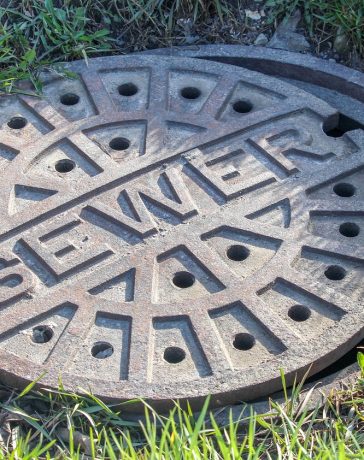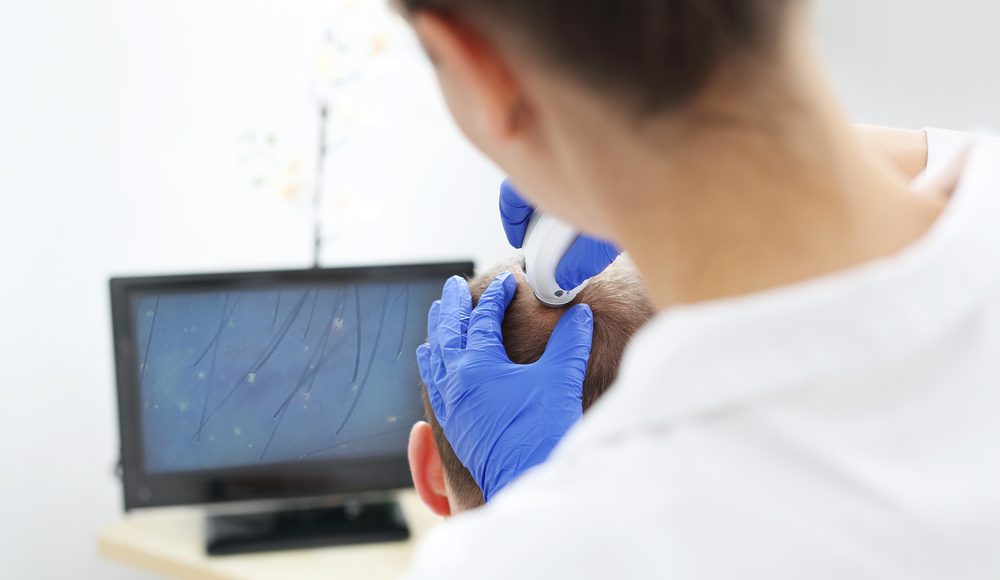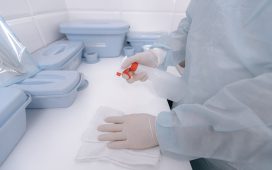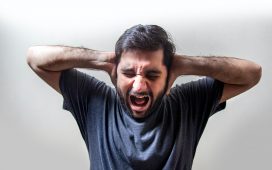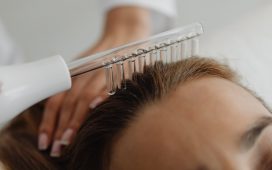There are many different treatment options for various scalp problems. Learn more about how to get rid of scalp psoriasis, atopic dermatitis, and cysts. You can also try meditation and yoga to relax your mind and body. Keeping your scalp healthy is vital for beautiful hair, so finding a solution that works for you is essential.
Treatments for Scalp Psoriasis
There are many treatment options for scalp psoriasis. These include shampoos, lotions, and creams. Some people also use topical corticosteroids. Corticosteroids slow down the growth of cells and reduce inflammation. These medicines come in different strengths and address other areas of the skin. Patients can also opt for UV light therapy.
The condition is characterized by red, scaly plaques on the skin. About 80% of people with psoriasis develop these patches on their scalps. They may be isolated or spread to other areas, such as the neck, ears, and back of the neck. They can be highly embarrassing and can lead to severe emotional distress.
Some treatments for psoriasis may cause hair loss, especially if the condition is severe. However, the hair loss will eventually disappear, and the scalp will clear up. The psoriasis shampoos and ointments your doctor prescribes should be gentle enough not to scratch the skin. You can learn the difference between psoriasis and dandruff at some industry experts like https://vial.com/blog/articles/scalp-psoriasis-vs-dandruff/.
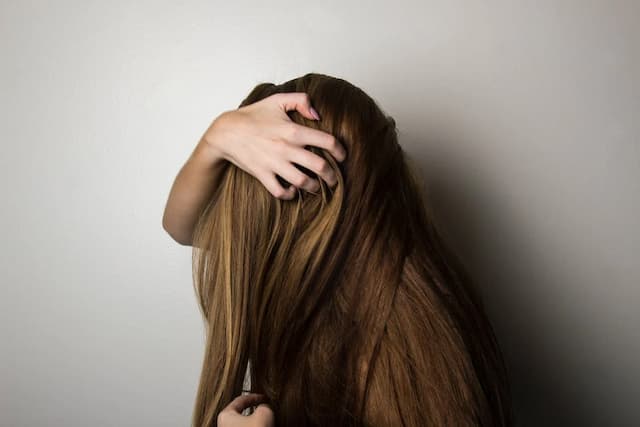
Treatments for scalp psoriases should be based on your medical history and symptoms. This will allow your doctor to determine whether you have any risk factors associated with the condition. Your dermatologist can also perform an in-office skin biopsy to determine the cause of your psoriasis. A biopsy may reveal the psoriasis-causing cells, which look dense and compact.
Treatments for Scalp Cysts
If you suffer from scalp cysts, you should be aware of the possible treatments. Surgical excision is one option. It involves removing the cyst’s lining under a local anesthetic. This process can reduce the risk of the cyst coming back and can reduce inflammation. After the procedure, you will be asked to come in for a review appointment. This can take place in person or through a video link. It allows your medical to evaluate your condition and discuss your options.
Treatments for scalp cysts can range from nonsurgical methods to surgical methods. Some cysts are harmless and may even go away without treatment. However, others can become cancerous and require surgery to remove. Fortunately, most scalp cysts do not pose any medical threat and are harmless. However, some people may want surgery to remove them for cosmetic reasons.
Most scalp cysts can be diagnosed through physical examination. However, some cysts can penetrate the skull and affect the brain. In the case of skull cysts, x-rays or CT scans may be required to make a definitive diagnosis. Therefore, when choosing the treatment, it is essential to consider the symptoms and the potential risks involved.
Some pilar cysts do not need medical treatment and often shrink or disappear independently. However, if you have a pilar cyst, your doctor may perform a biopsy to diagnose the condition. A biopsy may also be required to determine if it is a cancerous cyst.
Treatments for Atopic Dermatitis
Treatments for atopic dermatitis of the scalp vary depending on the specific condition. The symptoms of this condition can be triggered by many factors, including contact dermatitis or certain shampoos. Symptoms can also be triggered by stress, hot baths, and some hair accessories. If you have symptoms of atopic dermatitis, it’s essential to seek medical advice as soon as possible.
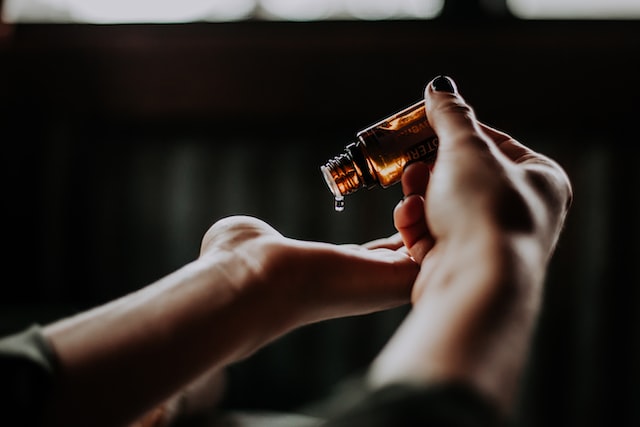
Topical medications, such as corticosteroids, are commonly used for this condition. Although they can reduce the severity of symptoms, they also have thin skin. Therefore, choosing a treatment that won’t thin out the skin or cause further irritation is essential. There are also non-steroid alternatives target the immune system instead of the scalp.
The symptoms of atopic dermatitis of the scalp may include itchy, flaky skin that may become dry and cracked. In some cases, temporary hair loss may occur, but the hair should grow back if the follicles are still functioning.
Treatments for atopic dermatitises of the scalp include anti-inflammatory and topical creams. The treatment will depend on the severity of the disease and the underlying cause.


